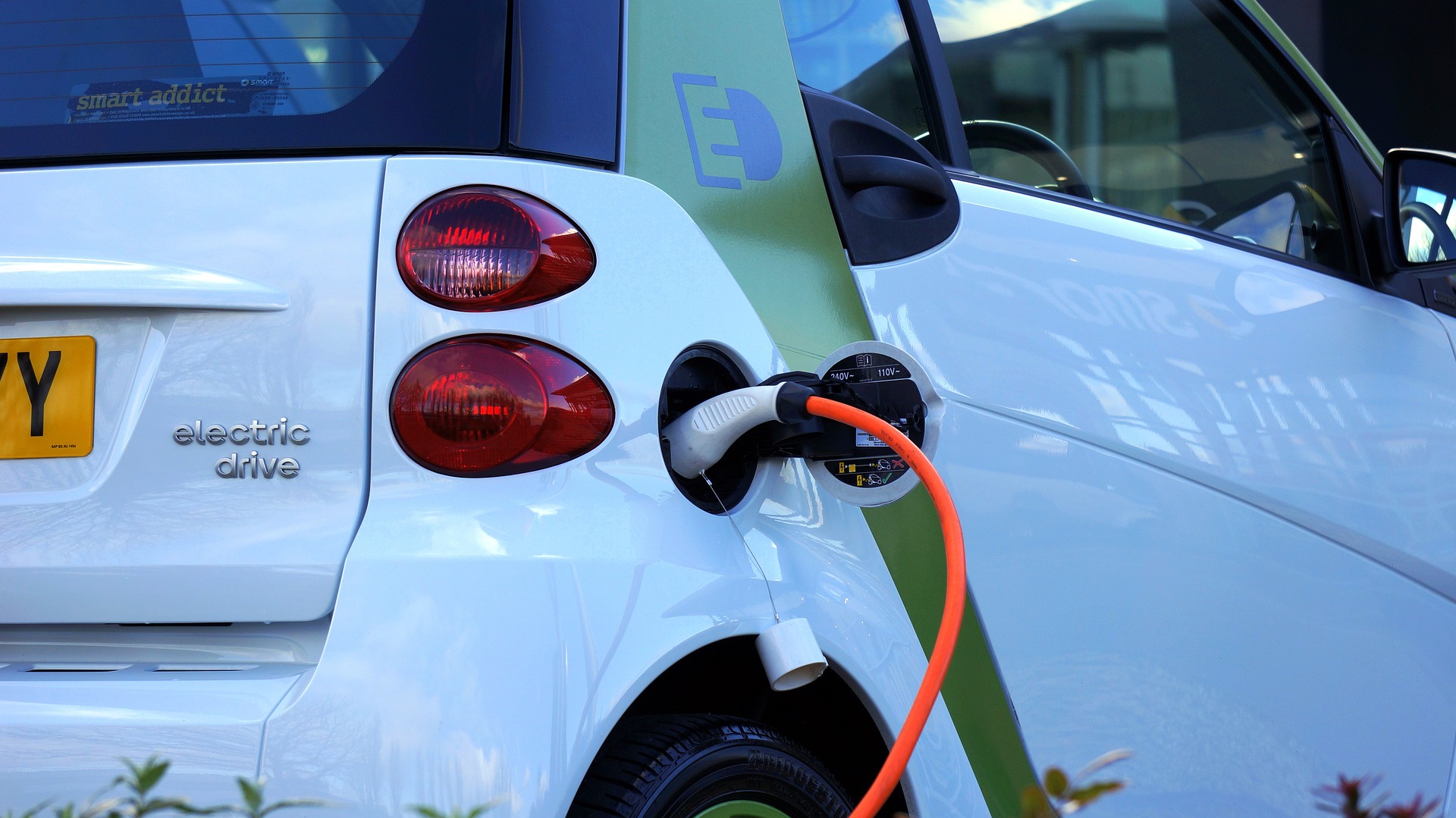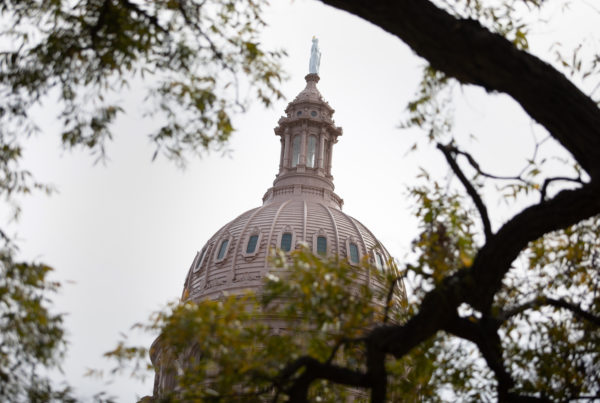Electric vehicles just got several thousand dollars cheaper for the average consumer thanks to a federal tax credit that kicked in on New Year’s Day.
The rebate is part of the Inflation Reduction Act, which President Joe Biden signed into law in 2022. The bill invests $369 million for energy security and climate change measures, including helping consumers save on qualifying electric vehicles.
The rebate goes hand in hand with Biden’s plan to build a national network of 500,000 chargers along federal highways, which should, in theory, make it easier for people who own electric vehicles to drive long distances. By way of comparison, the nation has more than 145,000 gas stations across the U.S. right now, according to the American Petroleum Institute.
Aaron Choate, the president of the Austin Area Electric Vehicle Association, said new electric vehicles need to meet several qualifications before buyers get up to $7,500 back on their tax bill for purchasing the vehicle.
The vehicle and its battery must be built in North America with materials sourced in the U.S. to qualify, Choate said.
“That’s one of the potentially confusing aspects of this,” he said. “The electric vehicle manufacturers are going to need to document with the IRS where a vehicle was built and how much of the materials were sourced in the U.S.”
Vehicles also must be under a certain price cap for buyers to get the federal money — new electric cars can cost no more than $55,000, while SUVs, vans and pickups must be under $80,000.
Those who buy used EVs from dealerships can get $4,000 or up to 30% of the price of the vehicle, whichever is less.
There is also an income gap limiting which buyers qualify. Buyers must earn $150,000 or less if filing jointly, or earn $112,500 less if filing as the head of a household. Individuals must earn $75,000 or less to qualify.
Choate explained that this system is different from how the United States previously offered rebates for electric vehicles. The old system was based on the number of cars sold per company, with each manufacturer able to sell 200,000 rebate-eligible cars a year. Now that cap is going away.
Choate said Texans who want to take full advantage of purchasing an EV can stack the new federal rebate on top of local or state rebates. He highlighted a state program run by the Texas Commission on Environmental Quality, which offers tax credits for those who install at-home EV chargers.
Choate said he hopes this rebate will help make electric vehicles more accessible, in part by incentivizing manufacturers to sell cheaper cars that qualify for the tax break. Between the more common use of electric cars and the plan to install more charging stations nationwide, Choate thinks lingering concerns about the range of EVs will start to dissipate.
“People are seeing that EVs are capable of doing their day to day commute, for example, pretty easily. And the charging network is being expanded and it will slowly become more available and people are going to be able to go on road trips without any problem,” he said. “It used to be when you were going off into the desert, you might want to make sure you stopped. And quite frankly, we’re at that point to some extent with some of the EV infrastructure, but it’s building out. We’re working on making it so that you can rely on it.”













